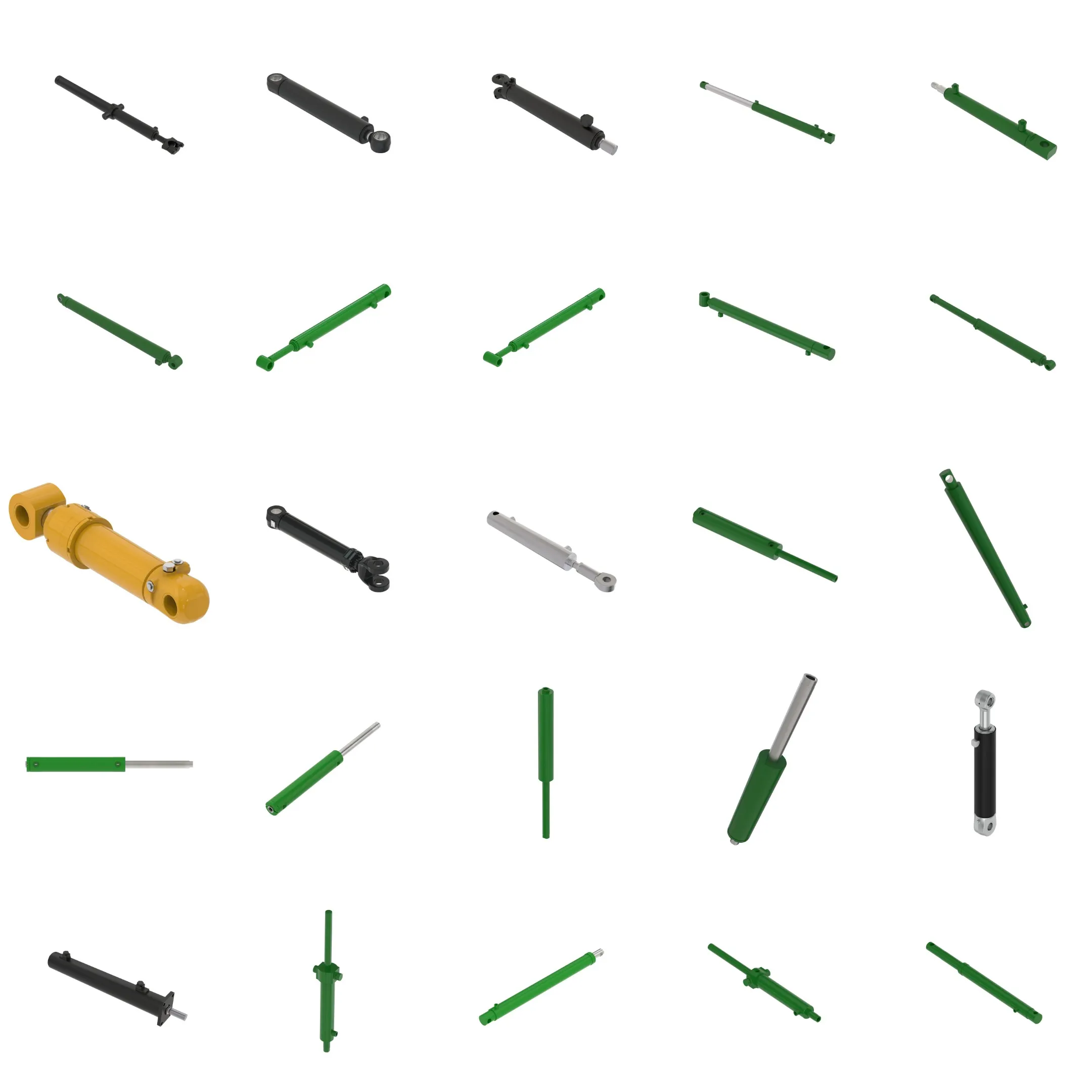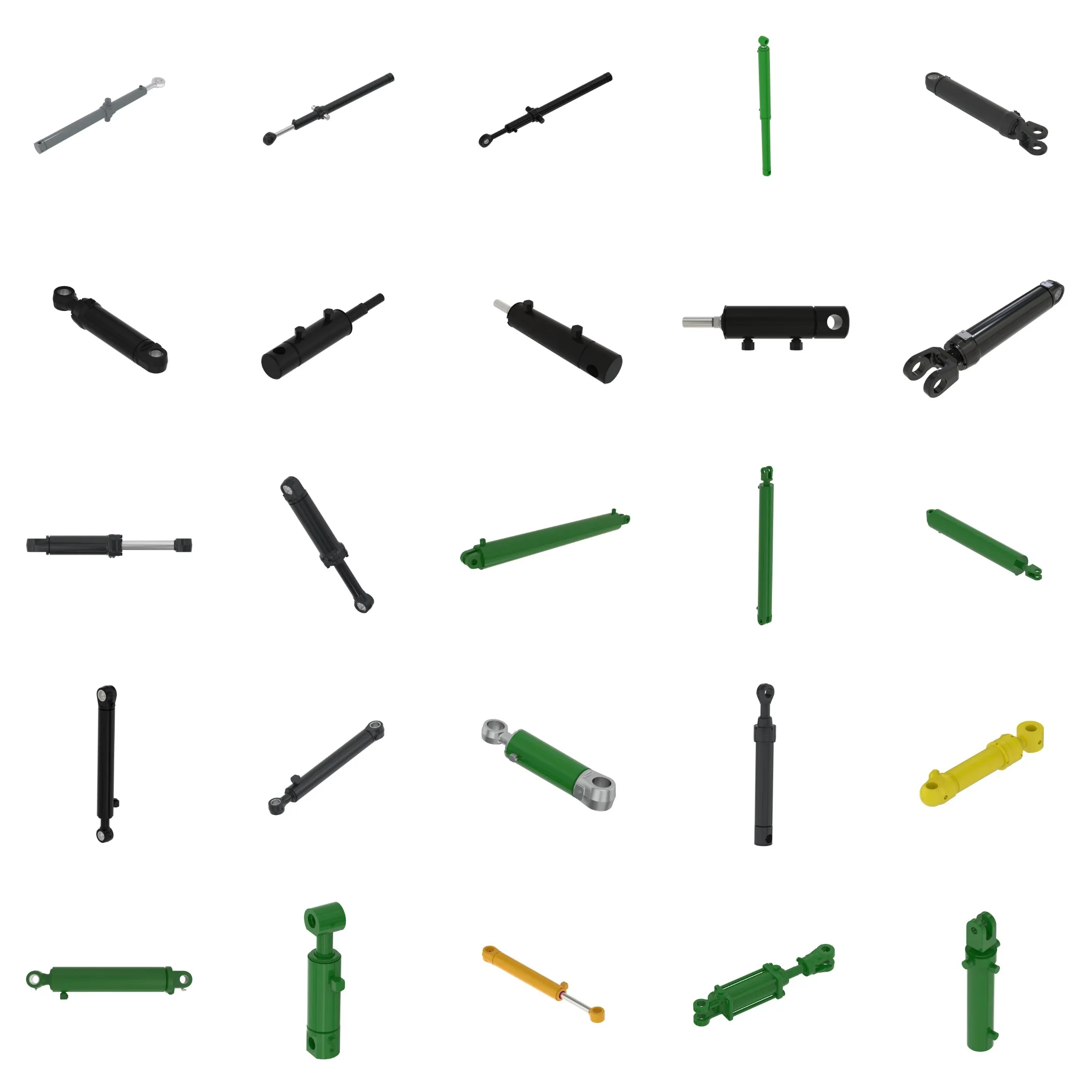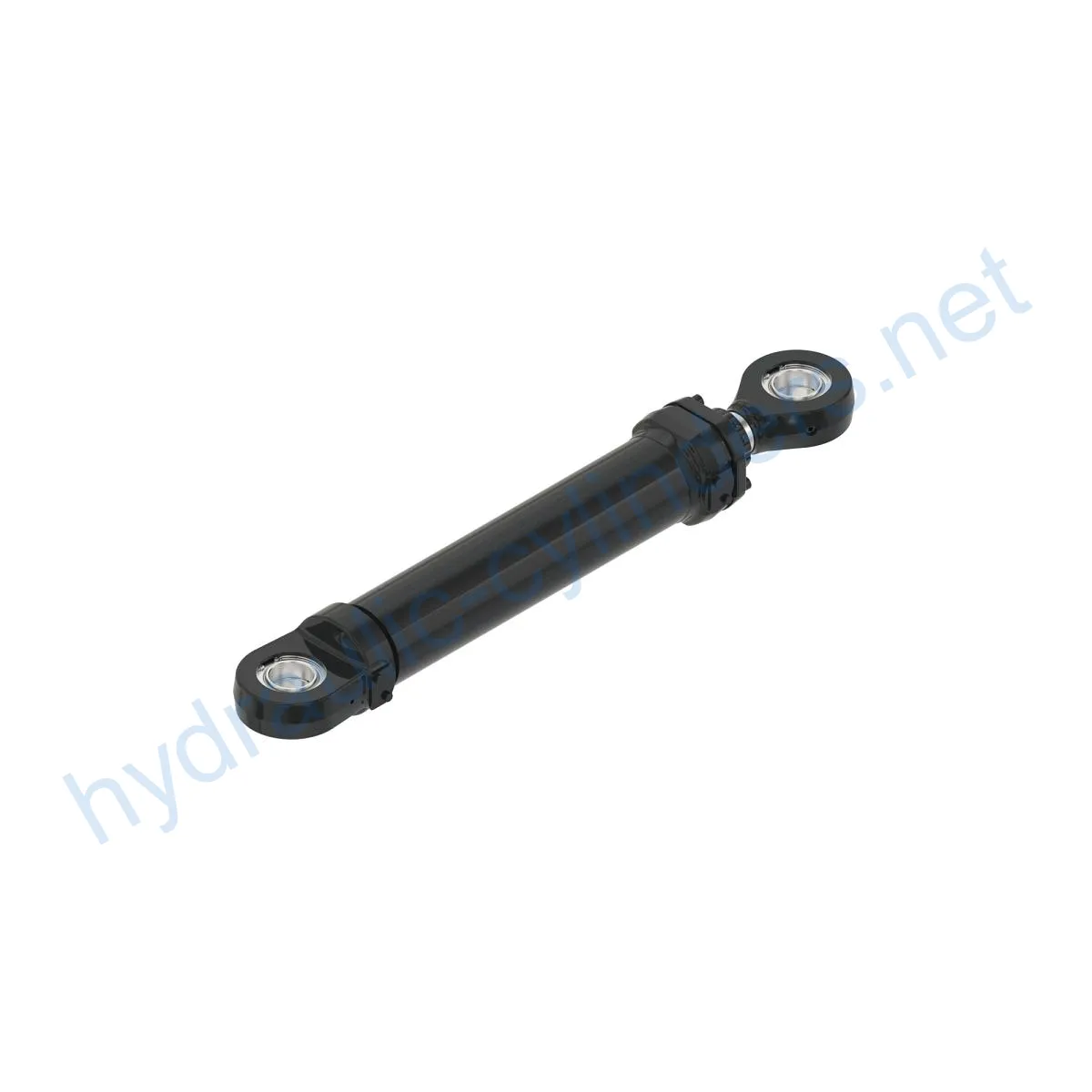Replacement Of AHC20364 Hydraulic Cylinder
Kaip vienas iš hidraulinių cilindrų gamintojų, tiekėjų ir mechaninių produktų eksportuotojų, mes siūlome hidraulinius cilindrus ir daugelį kitų produktų.
Susisiekite su mumis dėl išsamesnės informacijos.
Paštas:sales@hydraulic-cylinders.net
Hidraulinių cilindrų gamintojas, tiekėjas ir eksportuotojas.
Replacement Of AHC20364 Hydraulic Cylinder
Product Introduction
The Replacement Of AHC20364 Hydraulic Cylinder is a vital component in various hydraulic systems. It plays a crucial role in providing the necessary force for different equipment and machinery. This hydraulic cylinder is designed to replace the damaged or worn-out cylinders, ensuring the optimal performance of the equipment in various applications.
Specifications and Models
Weight: 306.643 lb
Height: 8 in
Length: 57 in
Model: 950 P 950K
Product Features
- Improved Equipment Performance: Replacing damaged or worn-out hydraulic cylinders can restore the normal operational capabilities of the equipment, ensuring its performance in various applications.
- Enhanced Safety: Regularly replacing hydraulic cylinders can reduce safety hazards caused by cylinder failures, ensuring the safety of operators and equipment.
- Overload Protection: New cylinder designs often incorporate better overload protection mechanisms, enhancing safety.
- Quick Installation: Modern hydraulic cylinders are designed for easy installation and replacement, minimizing downtime.
- Standardized Components: Many hydraulic cylinders are standardized products, facilitating the availability of replacement parts in the market.
Applications
- Excavators: Hydraulic cylinders in the boom or bucket of excavators may get damaged due to prolonged use or overload, requiring replacement to restore normal operations.
- Cranes: Hydraulic cylinders in the lifting arms of cranes are prone to wear and tear during frequent lifting and lowering processes, necessitating regular replacement to ensure safety.
- Tractors: Hydraulic cylinders in front-end loaders of tractors may experience leaks or performance decline during continuous lifting and tilting operations, requiring replacement.
- Harvesters: The hydraulic system of harvesters endures high pressure, and fatigue can lead to cylinder damage, requiring timely replacement to maintain efficiency.
- Automated Production Lines: Hydraulic cylinders are used to control robotic arms and other automation equipment. Cylinder failures can significantly impact production efficiency, necessitating immediate replacement.
Maintenance Tasks
- Regular Inspection: Proper installation, lubrication, and calibration checks should be performed periodically to ensure optimal performance.
- Proper Lubrication: Using suitable hydraulic oil and lubricating the cylinder components regularly can prolong their lifespan.
- Seal Replacement: Regularly inspecting and replacing worn-out seals can prevent leaks and maintain the cylinder’s efficiency.
Safety Considerations and Environmental Factors
When using hydraulic cylinders, it is crucial to follow safety measures to prevent accidents and ensure the well-being of operators. Additionally, considering environmental factors in the design and usage of hydraulic cylinders can contribute to sustainable practices.
Troubleshooting and Common Issues
- Leakage: Inspect the cylinder for damaged seals or fittings. Replace any faulty components and ensure proper sealing.
- Noise: Check for loose connections or worn-out parts. Tighten or replace components as needed.
- Slow Cylinder Movement: Inspect the hydraulic fluid levels and check for clogged filters or restricted flow. Address any issues accordingly.
- Uneven Cylinder Movement: Check for misalignment or damaged components. Adjust or replace parts to ensure smooth operation.
- Jerky Cylinder Movement: Investigate potential issues with the hydraulic fluid, system pressure, or control valves. Adjust or repair as necessary.
Preventive Measures
To minimize potential problems and extend the lifespan of the hydraulic cylinder, it is recommended to follow these preventive measures:
- Regular maintenance and inspection
- Proper lubrication
- Using quality components
- Adhering to operating guidelines

Product Design Considerations and Selection Criteria
- Load-Bearing Capacity: The hydraulic cylinder should be able to withstand the required force and pressure in the specific application.
- Sealing: Using various sealing components, such as piston seals and rod seals made of durable materials like polyurethane and nitrile rubber, can ensure effective sealing.
- Durability: The cylinder body and threaded ends should undergo appropriate surface treatments to enhance wear resistance.
- Safety: Integration of safety features in the cylinder design can prevent accidents and ensure operator well-being.
- Maintainability: Easy access to internal components and availability of spare parts contribute to ease of maintenance.
Sealing and Lubrication
The Replacement Of AHC20364 Hydraulic Cylinder utilizes various sealing elements, such as piston seals and rod seals, made of materials like polyurethane and nitrile rubber, which provide excellent wear resistance. The cylinder body and threaded ends are treated to improve durability. Regular lubrication with the appropriate hydraulic oil is essential to ensure smooth operation and longevity.
Regular Inspection and Preventive Maintenance Measures
- Proper Installation: Provide detailed guidance on aligning the cylinder correctly during installation.
- Use of Installation Support: Recommend using suitable installation brackets to secure the cylinder.
- Recommended Inspection, Repair, and Replacement Procedures: Suggest inspection schedules, repair guidelines, and replacement practices to maintain optimal performance.
- Replacement Parts and Rebuilding Services: Provide replacement components and rebuilding services to extend the lifespan of the hydraulic cylinder.
- Tips for Prolonging the Lifespan: Offer techniques to maximize the usage lifespan of the hydraulic cylinder.
Safety Considerations and Environmental Factors
When working with hydraulic cylinders, it is crucial to prioritize safety measures to protect operators and prevent accidents. Additionally, considering the environmental impact of hydraulic cylinder usage can contribute to sustainable practices.
Troubleshooting and Common Issues
- Leakage: Provide steps to diagnose and address leakage issues effectively.
- Abnormal Noise: Offer troubleshooting tips to identify and resolve unusual noise concerns.
- Slow or Erratic Cylinder Movement: Provide guidance on diagnosing and rectifying issues related to slow or erratic movement.
It is essential to follow proper troubleshooting procedures to diagnose and resolve hydraulic cylinder problems. Additionally, suggesting preventive measures can help minimize potential issues and optimize performance.

Product Installation Guidelines
Proper installation is crucial for the optimal performance and longevity of the Replacement Of AHC20364 Hydraulic Cylinder. Follow these guidelines:
- Ensure correct alignment of the cylinder during installation.
- Use appropriate installation brackets to secure the cylinder in place.
- Refer to recommended inspection, repair, and replacement procedures to maintain the cylinder’s performance.
- Offer parts replacement and rebuilding services to extend the cylinder’s lifespan.
About Our Company
Take a Tour of Our VR Factory:
Take a tour of our VR factory with the following
Hydraulic Cylinder Application:


